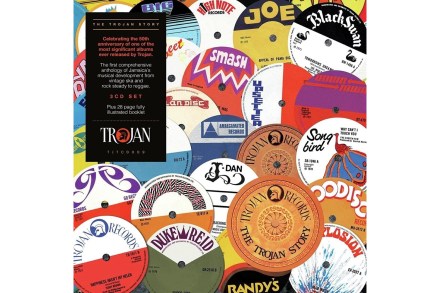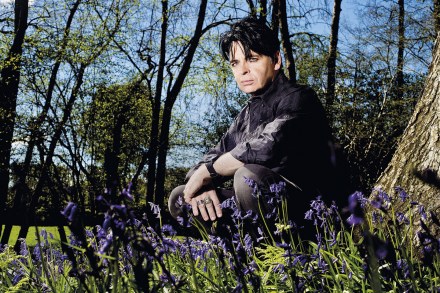Could she be the new Sade? Celeste at Union Chapel reviewed
Some years ago, when I was the music editor of a newspaper, I called a number of historians of black music asking if any of them could write about why the audience for new music made in the styles of classic soul, blues or jazz was almost entirely white. The people I asked, some of them august commentators on African-American culture, offered a few suggestions: black music was historically co-opted and deracinated by the white music industry so comprehensively that black artists just didn’t want to go back there; black music has always been about progression rather than revival, and it is simply of no interest to look back; the





















